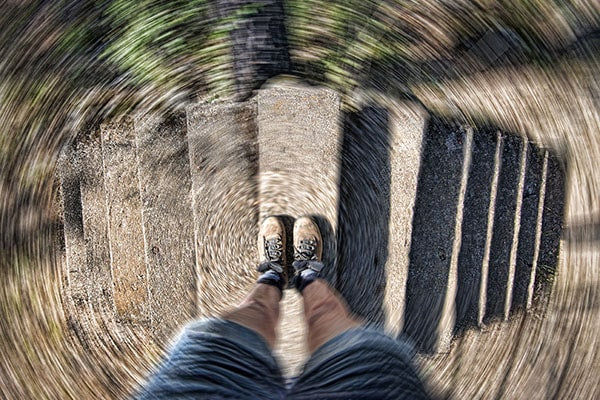Activate Buy 3, Get 1 FREE
Free shipping
available.
Delivered directly
to your door.
Subscribe and
save.
Payment
options.
Pairs well with:
Description
Activate CBD Heating Balms warm up stiff joints, muscles, and tendons. Also helps with injury prevention and relieves body discomforts.
How To Use
This feature set is global to all products








































